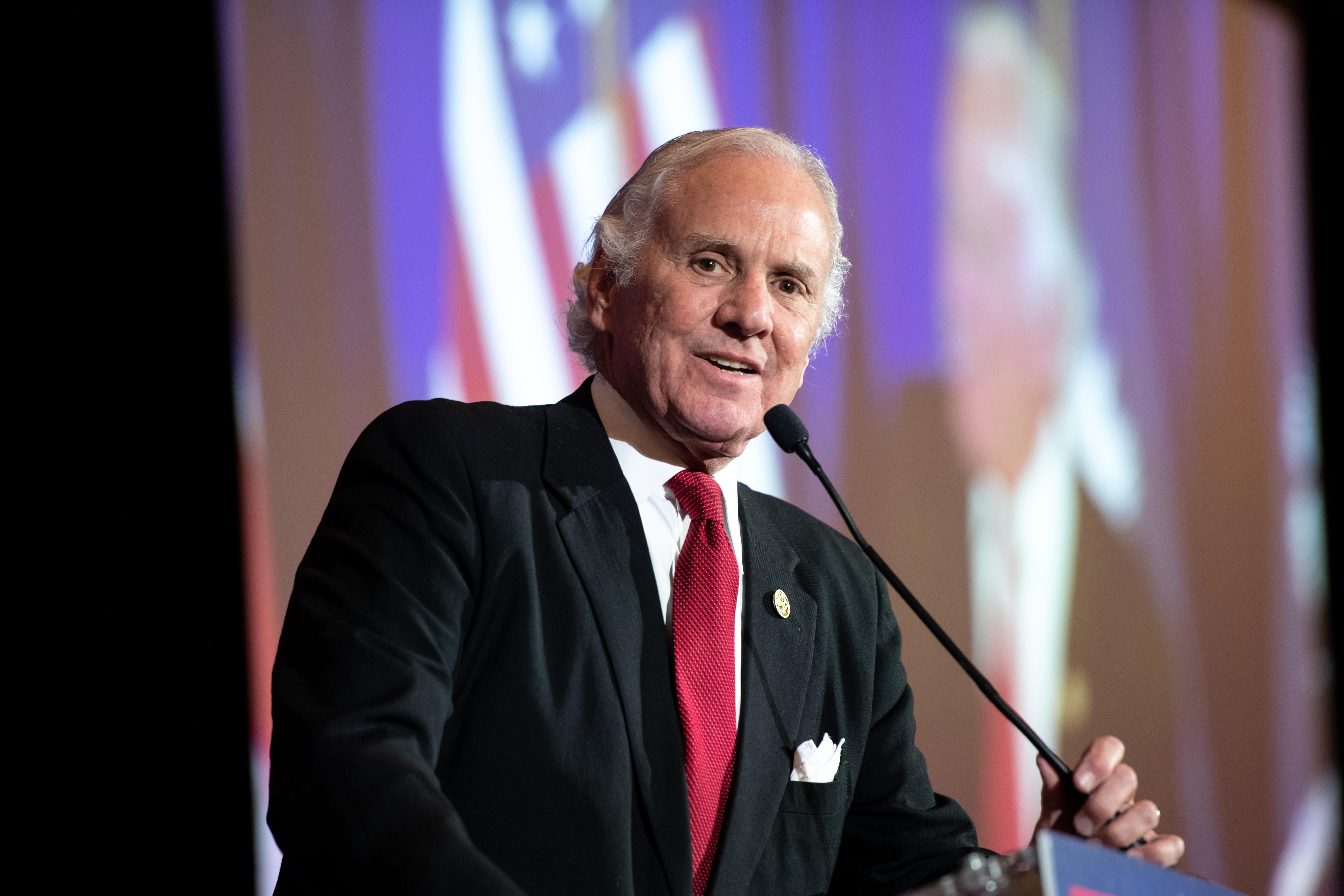First came Montana. Now comes South Carolina. Republican governors have begun to pull their states out federal unemployment programs created in a response to the coronavirus in a move meant to appease business owners who’ve spent weeks claiming that the generous federal aid has created a shortage of workers willing to accept jobs during the continuing public-health crisis.
On Tuesday, Montana Gov. Greg Gianforte announced that his state would replace the federally funded unemployment programs, which provide an extra $300 a week in benefits, with a one-time $1,200 bonus for people who choose to go back to work. Americans are supposed to be eligible for the enhanced jobless benefits until September, but the state will cut them off in June. “Montana is open for business again, but I hear from too many employers throughout our state who can’t find workers. Nearly every sector in our economy faces a labor shortage,” Gianforte said in a statement.
The second domino fell Thursday afternoon when South Carolina Gov. Henry McMaster directed his state’s department of labor to also end its participation in the federal programs by the end of June. As of mid-April, the last period with full data , about 169,000 Palmetto State residents were receiving some sort of jobless aid. Unlike Gianforte’s, McMaster’s announcement doesn’t mention any sort of return-to-work bonus. Instead, his letter essentially suggests that federal UI has become a hammock for workers that it’s time to cut down.
What was intended to be short-term financial assistance for the vulnerable and displaced during the height of the pandemic has turned into a dangerous federal entitlement, incentivizing and paying workers to stay at home rather than encouraging them to return to the workplace.
These federal entitlements pose a clear and present danger to the health of our State’s businesses and to our economy. Since the Biden administration and Congress appear to have little to no comprehension of the damage being done and no appetite to terminate the federal payments, the State of South Carolina must take action.
For those wondering why South Carolina and Montana have the power to just cut these unemployment programs short at will, the answer is pretty straightforward. While these benefits are federally funded, states were required to opt into and administer the schemes, and they have the legal right to opt out. It wouldn’t be very surprising if other red states followed suit.
As far as the morality of all this goes, well, I for one would argue that it’s a transparently callous move to prod a bunch of people back into work before the public-health threat is over, especially in South Carolina, where the vaccination campaign seems to be rather lackadaisical. At the moment, just 37 percent of the state’s residents have had at least one shot, compared to 45 percent nationwide and a high of 61 percent in New Hampshire. Hopefully the numbers pick up by the end of June for, you know, the sake of human health and decency. (Montana, at just 41 percent with at least one shot, is at least doing a tiny bit better.)
As for the idea that UI is actually fueling labor shortages: It’s possible, but it’s also clearly not the only factor. It’s true that many, may businesses, particularly in the hospitality industry, are complaining that they can’t find enough staff to hire as they try to reopen at the moment. As I wrote last month, there are now more job openings listed online than before COVID, and there is some evidence that job searching has fallen off. However, the extent to which people are holding off on going back to work because unemployment benefits pay better than the jobs that are available is unclear. That may be the case in some instances, and some businesses have discovered that they can quickly fill their openings by, you know, raising their wages (magic, right?). But it’s also possible that many workers just don’t want to risk catching COVID while working in a cramped kitchen, or have kids at home they need to take care of. If those are the bigger factors, you’d expect any shortages to ease up as vaccinations roll along or school districts reopen. And even if unemployment benefits are making hiring marginally harder, politicians should be weighing that against people’s sense of safety. But, as they largely have throughout the pandemic, some GOP governors are now very clearly putting health concerns aside to appease the business community. (Not that Democrats haven’t been guilty of that at times as well, but there are degrees here.)
Montana, at least, seems to be going with a carrot-and-stick method to nudge people back to work. I fear a lot of conservative officials may prefer the South Carolina approach and just whip out a stick.
